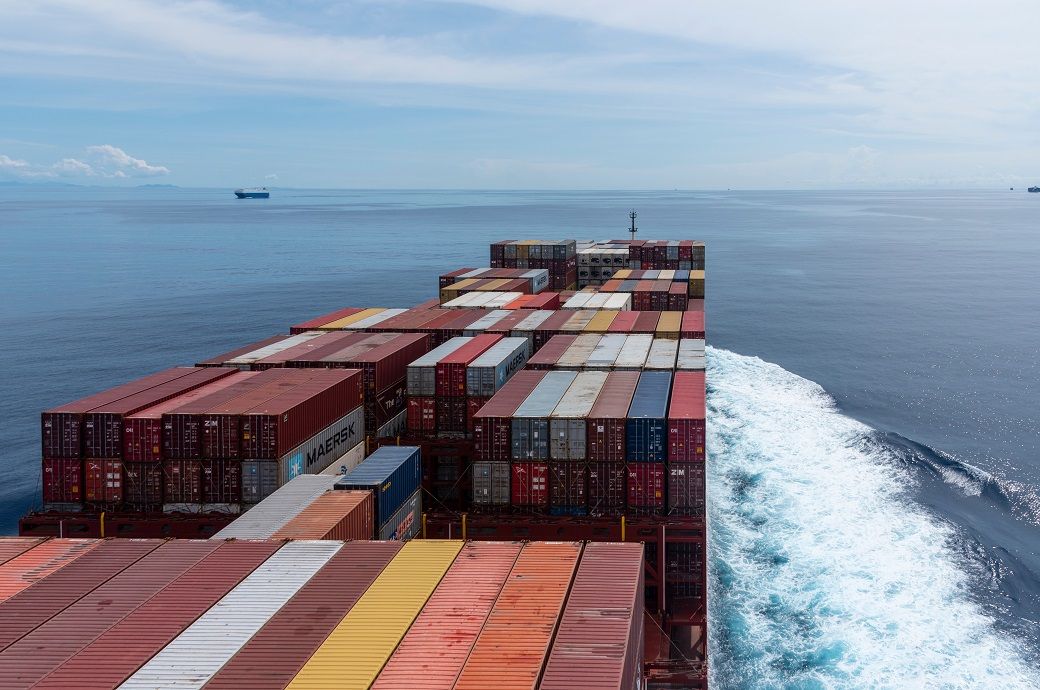
In March 2022, the month following the invasion, the EU experienced a peak trade deficit with Russia caused by high prices of energy products. The deficit amounted to €18.5 billion. This deficit was brought down to €0.4 billion by June 2023, remaining under one billion four months in a row in 2023—€0.1 in March, €0.8 in April, and €0.4 in May. The change was heavily influenced by the €18.6 billion drop in the monthly value of imports from Russia between March 2022 at €21.9 billion and June 2023 at €3.3 billion. At the same time, the value of exports decreased from €3.4 billion in March 2022 to €2.9 billion in June 2023, Eurostat said in a press release.
Looking at the quarterly data, in the second quarter of 2023, the EU-Russia trade balance for goods registered a deficit of €1.6 billion, indicating a great improvement from the €45.0 billion deficit observed in the second quarter of 2022. This substantial deficit decrease can be largely attributed to the decline in energy imports from Russia. The trade deficit in energy has been reduced from €40.4 billion in the second quarter of 2022 to €5.7 billion in the second quarter of 2023.
Over the past two years, the EU’s reliance on energy imports from Russia has seen a noticeable decline. Specifically, shares of fossil fuels such as coal, natural gas, and petroleum oil imported from Russia have substantially decreased. Comparing the second quarter of 2021 with the second quarter of 2023, petroleum dropped 27 percentage points (pp)—from 29.2 per cent in 2021 to 2.3 per cent in 2023, natural gas 26 pp—from 38.5 per cent to 12.9 per cent, and coal 45 pp—from 45.0 per cent to 0 per cent.
Fibre2Fashion News Desk (NB)